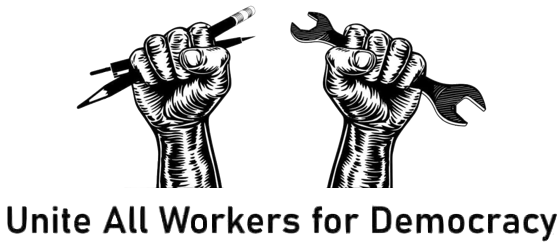In a book that I assign in one of my labor classes, Thomas Geoghagen, a Chicago-based labor lawyer, argues that trade unions and collective bargaining are more alien to most Americans than Abbie Hoffman and the Yippies. Unions operate by seemingly arcane rules, are heavily regulated by law, privilege collective rights over individual rights, fiercely protect internal solidarity and are steadfastly skeptical of market outcomes. By now, when only about one in ten Americans belongs to a union, it is no surprise that most of us don’t understand the intricacies of collective bargaining or what is at stake in bland and often opaque contract language. And yet it is vitally important that we do. This is the context in which I find the negotiating stance of the College over the last four months to have been profoundly problematic, and the communication we have received from the College administration in the last two weeks to be misleading. There is a lot one could say, but my concerns are both with the process and the substance of the College’s actions since mid-February when it first announced the possibility of outsourcing custodial and dining services but claimed itself willing to bargain in good faith to avoid that outcome.

